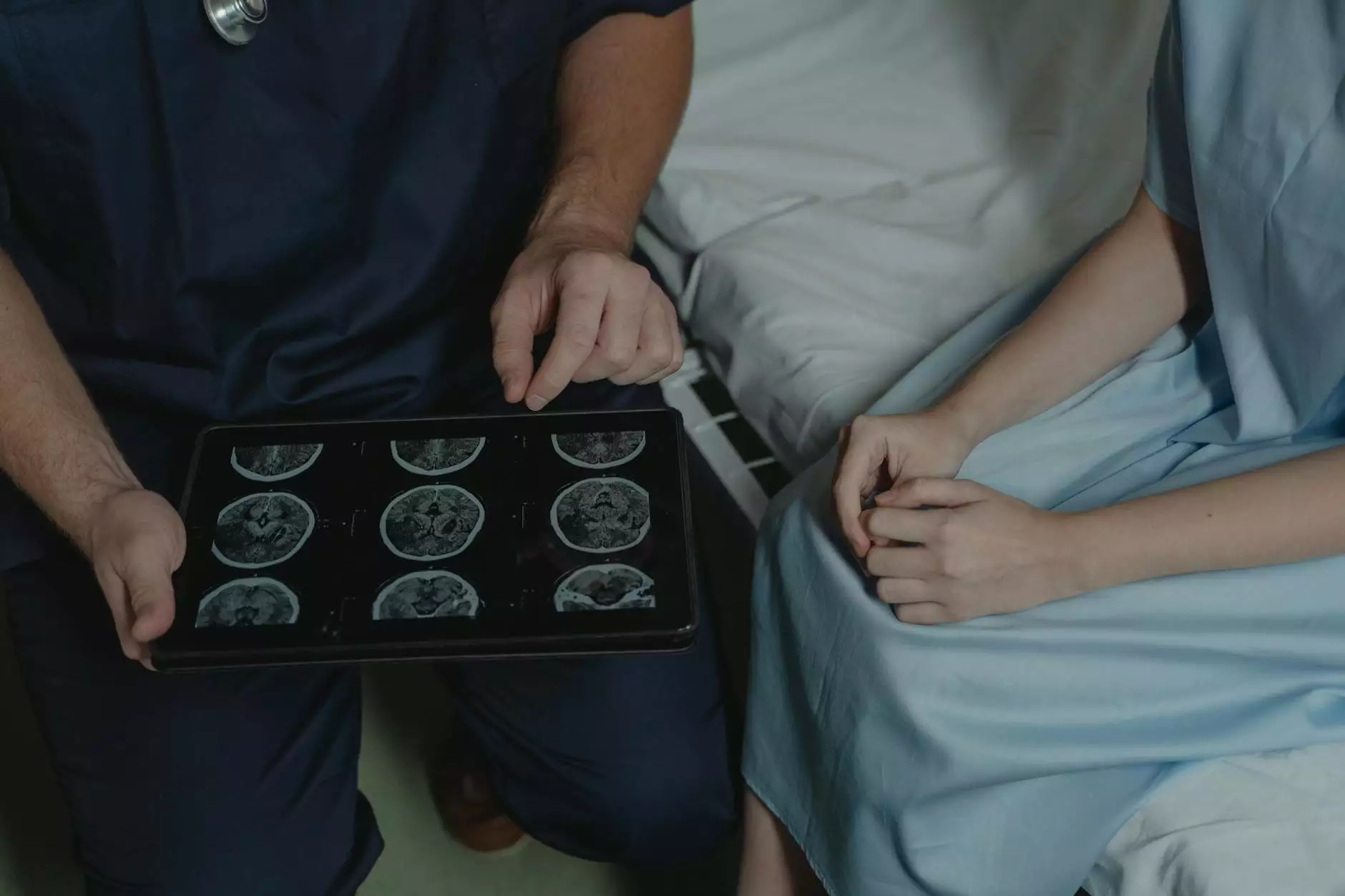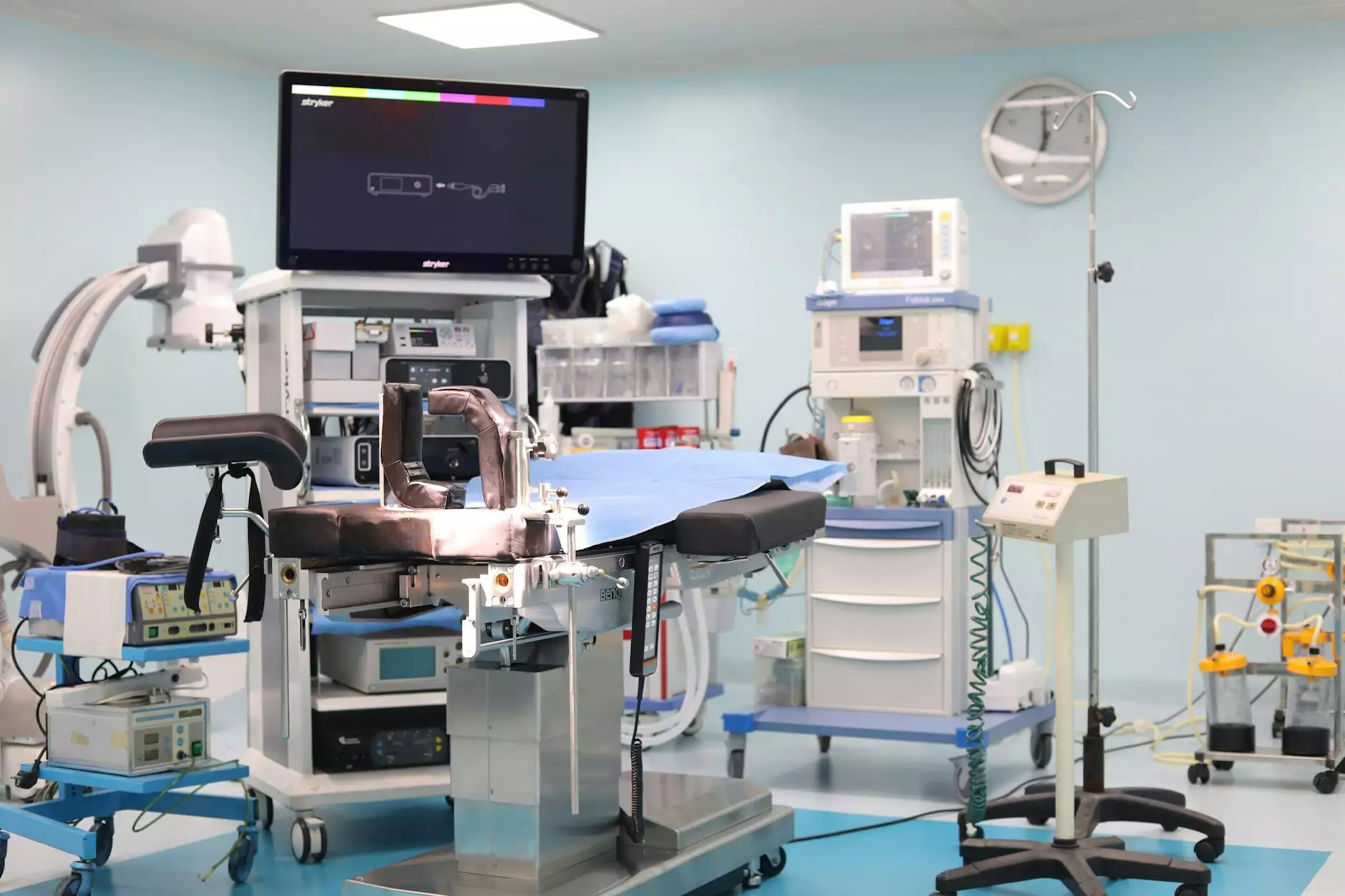Understanding Stomach Cancer Treatment: A Comprehensive Guide

Stomach cancer, also known as gastric cancer, is a devastating diagnosis that affects thousands of people each year. As the medical field advances, stomach cancer treatment options have evolved significantly, providing hope for better outcomes. This article dives deep into the various aspects of stomach cancer treatment, including types, latest advancements, and comprehensive patient support systems.
What is Stomach Cancer?
Stomach cancer occurs when cells in the stomach grow uncontrollably and form tumors. It is often asymptomatic in the early stages, which can lead to late diagnosis. Understanding the symptoms, stages, and risk factors of stomach cancer is crucial for effective treatment.
Symptoms and Risk Factors
Early detection is key in managing stomach cancer effectively. Common symptoms include:
- Persistent stomach pain or discomfort
- Nausea and vomiting
- Loss of appetite
- Weight loss
- Difficulty swallowing
- Fatigue
- Anemia
Risk factors for developing stomach cancer include:
- Age (most common in older adults)
- Family history of stomach cancer
- H. pylori infection
- Smoking and alcohol consumption
- Poor diet, particularly low in fruits and vegetables
- Chronic gastritis or certain stomach conditions
Diagnosis of Stomach Cancer
Accurate diagnosis is essential before beginning any stomach cancer treatment. A series of tests and procedures may be performed, including:
- Endoscopy: A thin tube with a camera is inserted into the stomach to identify abnormalities.
- Biopsy: Tissue samples may be taken during an endoscopy for lab testing.
- Imaging Tests: CT scans, MRIs, and PET scans help determine the extent of cancer spread.
Stomach Cancer Treatment Options
Once diagnosed, several stomach cancer treatment pathways are available, tailored to the individual’s specific circumstances and preferences.
Surgery
Surgery is often the primary treatment for stomach cancer, especially if detected early:
- Partial Gastrectomy: Removal of part of the stomach containing the tumor.
- Subtotal Gastrectomy: Removing most of the stomach and reconstructing the digestive tract.
- Total Gastrectomy: Complete removal of the stomach, with connections made to the esophagus and intestines.
Post-surgery, patients may experience nutritional challenges, requiring dietary adjustments and support from specialists.
Chemotherapy
Chemotherapy involves using drugs to destroy cancerous cells. It can be administered:
- Before surgery (neoadjuvant chemotherapy) to shrink tumors.
- After surgery (adjuvant chemotherapy) to eliminate remaining cancer cells.
- As a main treatment option for advanced-stage cancer.
Patients should discuss potential side effects, such as nausea, fatigue, and hair loss, with their healthcare team.
Radiation Therapy
This treatment uses high-energy rays to kill or shrink cancer cells. Radiation therapy may be recommended:
- In conjunction with chemotherapy
- To alleviate symptoms in advanced cases
Targeted Therapy
Targeted therapy is a newer form of treatment that focuses on specific characteristics of cancer cells. It is often used in patients with specific genetic mutations and can be less disruptive to normal cells compared to chemotherapy.
Immunotherapy
Immunotherapy helps the body’s immune system fight cancer. This approach is becoming more common in stomach cancer treatment, harnessing the power of the immune response to target and destroy cancer cells.
Clinical Trials and Research Advancements
Participating in clinical trials can offer access to cutting-edge treatments and contribute to research for future stomach cancer therapies. Patients should discuss the possibility of enrolling in clinical trials with their oncologists.
Post-Treatment Care and Lifestyle Changes
After completing stomach cancer treatment, ongoing care is essential. Regular follow-up appointments, screenings, and lifestyle modifications can significantly enhance recovery:
- Maintaining a healthy diet rich in fruits and vegetables
- Hydration and avoiding nicotine and excessive alcohol
- Regular physical activity to improve overall health and well-being
Support groups and counseling can also provide valuable emotional support during the recovery period.
Patient Support and Resources
Support resources are vital for patients and their families as they navigate the challenges of stomach cancer:
- Oncological Counseling Services: Provide emotional and psychological support.
- Nutritionists: Help design diets that meet nutritional needs post-treatment.
- Support Groups: Offer community and shared experiences for patients and caregivers.
Conclusion
The journey in dealing with stomach cancer is undeniably challenging; however, advancements in stomach cancer treatment offer hope. By understanding options available, seeking comprehensive care, and utilizing support resources, patients can take proactive steps in managing their health and wellness. Regular communication with healthcare providers and staying informed can make a significant difference in treatment outcomes.
Further Reading and Resources
- Oncological Surgery - Your resource for information about surgical interventions.
- National Cancer Institute - Official information regarding cancer treatments and research.
- American Cancer Society - Find resources for support and information on various cancers.









